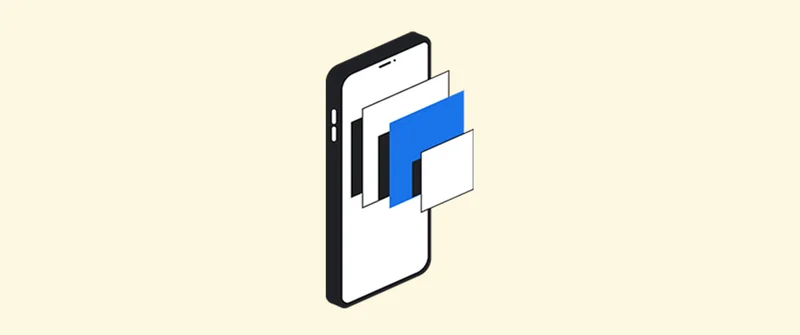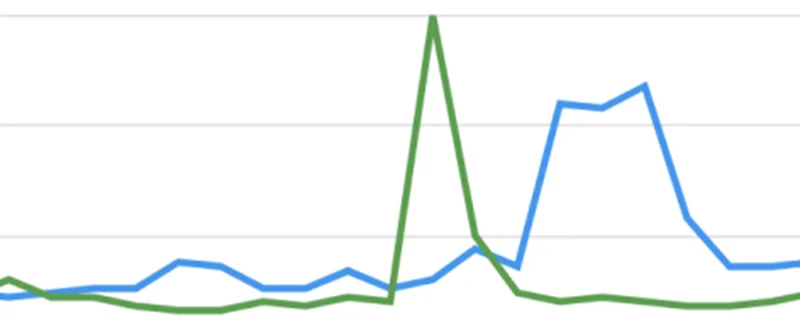Project Shield: Defend against digital censorship.

A free tool to protect your site from Distributed Denial of Service (DDoS) attacks.

Protecting websites from digital attacks.

Every day, independent news sites around the world are taken offline and effectively silenced by digital attacks. During controversial events such as elections, civil unrest or conflict, the threat level increases even more.
Following the 2015 Charlie Hebdo attacks in Paris, an unprecedented surge in Distributed Denial of Service (DDoS) attacks targeted as many as 19,000 French websites. And the problem has grown far worse since then. The year 2017 saw attacks worsen, both in volume and sophistication. In 2018, a DDoS attack knocked a Tennessee county election website offline during voting. Even GitHub has been taken down by one.
Project Shield is a free tool that uses Google's technology to protect news publishers from this growing daily threat.

What is a “DDoS” attack?

A DDoS attack occurs when someone exploits thousands or even millions of computers and tricks them into visiting a specific website at the same time. The resulting flood of “junk” traffic often overwhelms servers and crashes the website, taking it offline. The damage doesn’t stop there. Attempting to fight off or recover from a DDoS attack can be devastatingly expensive and time-consuming.
To make matters worse, DDoS is no longer the exclusive purview of elite computer hackers; nearly anyone with an Internet connection can launch one for as little as $5 (U.S.). Today, even an average-size attack can take most sites offline.
To better understand DDoS attacks, watch this video.

A growing threat to news publishers.

DDoS attacks are growing increasingly common and complex. According to Arbor Networks, the 10 most attacked countries saw increases as high as 56% from 2016. In the U.S., Arbor estimates there were 153,083 attacks per month in 2017. According to Neustar, the odds of getting hit are one in two, with repeat attacks as common as 80%. And no one is immune: even some of the world’s largest publishers have been taken down by DDoS.
To see where DDoS attacks are happening right now, check out Digital Attack Map, a live data visualization that surfaces anonymous attack traffic data so you can explore historic trends and find reports of outages happening on any given day.

Project Shield protects your site for free.

These alarming statistics point to the need for robust DDoS protection -- which can be prohibitively complicated and expensive. Project Shield is a free tool that leverages Google infrastructure to protect news publishers, no matter how many attacks they experience.
Project Shield is a “reverse proxy” that uses Google’s own defenses and network capacity to protect news sites. This provides a “shield” against would-be attackers by filtering out malicious traffic. It also caches some site elements to lighten the load on your own servers, which can improve site performance and reduce your bandwidth costs.

Who can apply for Project Shield?

There are four categories of sites eligible for inclusion under Project Shield:
News: You regularly publish timely content with attribution to keep readers informed on important information.
Human rights: Nonprofits dedicated to one of the UN charters of human rights.
Elections: Information on polling locations, vote monitoring, and election results. You can review our content and quality guidelines to see whether your site is likely to qualify.
Political organisations: Certain countries and political organisations may be eligible, subject to local laws. To learn more, click here.
Citizen journalism sites may apply but will be evaluated on a case-by-case basis.

How to apply for Project Shield.


Go to g.co/shield
Click “Get Started”
Fill in formOnce your site is approved, you’ll receive instructions on how to route your traffic through Project Shield. This simple setup process takes just a few minutes, and then you’ll be protected from DDoS attacks. To learn more, check out our FAQs.


-
Verification: Chrome Plugins and Extensions
LessonHow to speed up the verification process using Google Chrome. -
Basics of Google Trends
LessonThis beginner’s course will teach you the basics of Google Trends, using the free Trends Explore tool. -








